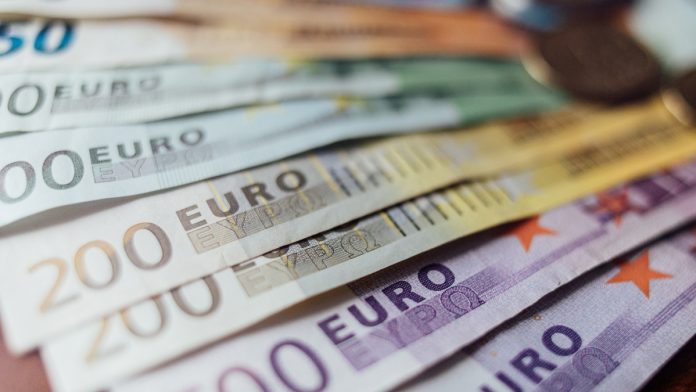- Pound (GBP) holds steady ahead of tomorrow’s budget
- UK could unveil some tax cuts
- Euro (EUR) is flat despite services PMI rising
- PPI is due later and is expected to fall -0.1%
The Pound Euro (GBP/EUR) exchange rate is holding steady after two days of gains. The pair rose 0.018% in the previous session, settling on Monday at €1.1686 and trading in a range between €1.1667 – €1.1967. At 09:00 UTC, GBP/EUR trades -0.02% at €1.1683.
The pound is holding steady in quiet trade ahead of the spring budget, which could boost the pound after a consolidation period.
The pound has traded in a relatively narrow zone against the US dollar and the euro; however, if Jeremy Hunt unveils significant tax cuts before a probable 2024 election, the pound could push higher.
That said, Britain’s economy fell into recession at the end of 2023, and given the market’s repricing of BoE rate cuts, which means rates are likely to stay high for longer, Jeremy Hunt’s fiscal headroom will be limited.
The market currently sees the Bank of England starting to cut interest rates in August with only 62 basis points of easing this year, which suggests 2, possibly three-quarter point cuts this year.
This is below the ECB, which is expected to deliver around 90 basis points of easing this year, which equates to three, if not four, rate cuts.
The euro is holding steady in cautious trade ahead of the ECB interest rate meeting later this week.
Investors are digesting stronger-than-expected business activity data from the region as the composite PMI was upwardly revised to 49.2, up from 48.9 in January.
The output revision came after the services PMI moved into growth, rising to 50.2, up from 50 in February, the level that separates expansion from contraction. This marked a seven-month high, suggesting that the service sector was off to a better start in 2024 than initially expected and could indicate that the economic downturn has bottomed out.
However, it’s worth noting that persistent wage pressures and overall operating costs rose to the strongest level in 10 months, pushing output price inflation higher, something that the ECB will keep an eye on before cutting interest rates.
Attention now turns to eurozone wholesale inflation as measured by the PPI index, which is expected to fall 0.1% after falling 0.8% in December. Calling PPI bodes well for further declines in consumer price inflation.





